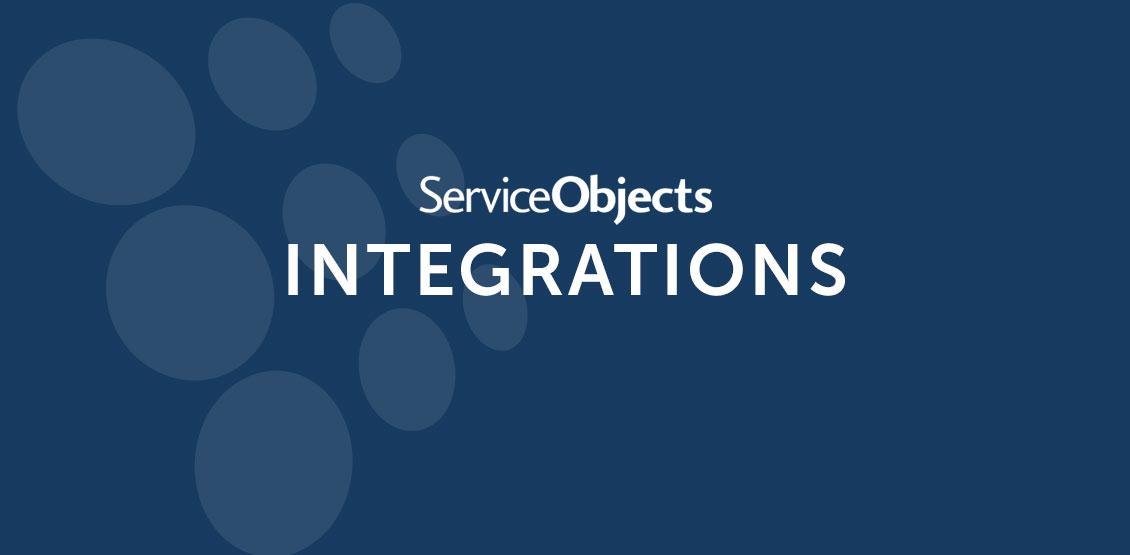A new year is upon us. And 2020 promises to be a very exciting and eventful year in the data quality business.
One of the things I personally enjoy about being in this profession is keeping up with trends and best practices in the industry. At any given time, my desk and computer screen are full of articles, white papers and industry reports of what is happening in the field. Plus we get to observe trends over the course of the year within our own customer base of over 2500 firms, including numerous market leaders.
So as 2020 kicks off, here are some of the trends we see for the new year:
1) Consumer privacy compliance. Compliance issues clearly top the list for another year, following the May 2018 implementation of the European Union’s GDPR regulation. This still continues to be a dominant issue for organizations around the world: according to a 2019 Capgemini report, less than two-thirds of organizations are yet fully GDPR-compliant or close to it. And in the United States, as of January 1, 2020, the implementation of the California Consumer Privacy Act (CCPA) takes effect – the first of a range of state-level data privacy initiatives in the works.
The broader issue behind these compliance issues is a real shift in the relationship between consumers and the organizations that market to them. From data privacy regulations such as GDPR and CCPA to existing marketing legislation such as the Telephone Consumer Privacy Act (TCPA) and the CAN-SPAM act for email, consumers are increasingly demanding control over the level of contact they receive as part of a business relationship. This adds new importance and urgency to contact data quality because accurate data is now critical to avoiding violations and potentially stiff penalties.
2) Tighter margins. As of July of this year, the United States reached the milestone of the longest economic expansion in its history, now going back for over a decade. But we all know that economies are cyclical. While we cannot predict when the next economic slowdown will come, it will undoubtedly force companies to ensure all areas of their businesses are optimized – particularly in an era of automated cloud-based data quality tools. Between competitive pressures and the risks of compliance penalties discussed above, ensuring data quality across all departments will be even more key for companies in 2020.
3) Social connection with consumers. According to a recent Forrester report of business predictions for 2020, their top trend was that consumers today are looking to make a social connection to the brand they use – according to their survey, more than 55% of these consumers will consider company values when making a buying decision. This means that organizations must increasingly stand for more than just their products and services.
In our own case, our commitment to the environment is a big part of both our culture and our brand image. Service Objects was founded in 2001 by an environmentalist with the goal of reducing the waste stream from misaddressed mail, and we are proud of having saved nearly 2 million trees, over 60 million pounds of air pollution, and more than three-quarters of a billion gallons of water to date. You can learn more about our corporate conservation efforts here.
4) Continued growth of the API economy. Application programming interfaces, or APIs for short, have revolutionized corporate platforms such as CRM, marketing automation, and ERP. In our case, for example, they allow us to put the entire US Postal Service in your application, along with many other capabilities. But an even more recent trend is the growth of plug-ins – such as Salesforce’s AppExchange and many others – designed to reduce or eliminate programming entirely. We are doing an increasing amount of plug-in development, and in the future, we believe that the availability and quality of third-party plugins and support will become an important part of the overall platform selection process.
Here is a good analogy to the growth of APIs and plug-ins. Ferrari doesn’t make tires, because that is not what they are experts at. So they turn to Pirelli to get the best performance tires for their cars. In the same vein, Salesforce is not in the contact validation space, so we should not expect them to be experts: this is where vendors such as Service Objects come in.
5) Augmented analytics. This phrase, coined by Gartner in 2017, refers to data analytics capabilities that are enhanced by machine learning and natural language capabilities. Instead of manual data analytics overseen by human intervention, augmented analytics involves using automated analysis to search for trends across a wide range of data sources, look for patterns in this data, and interact with human end-users through simple language-based interfaces. Still, at the early adopter stage, it holds the promise for much deeper and faster business insight with much less human intervention, and Gartner predicts that as of 2020 it will become the “dominant driver of new purchases of analytics and business intelligence.”
These are some of the trends we are watching for in 2020, all of which are part of a very exciting time to be in the data quality profession. We look forward to helping your organization grow through data quality tools in 2020.













